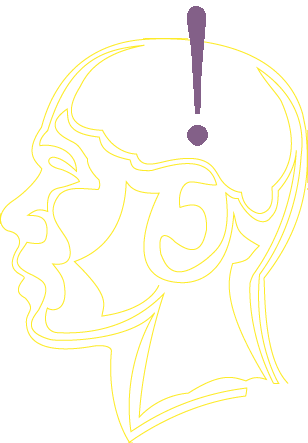

2010 2011 2012 2013 2014 2015 2016 2017 2018 2019 2020
Author(s): Maxx Minick
Presentation: oral
The concept of machismo plays an important role in constructing gender norms and notions on sexuality in Latin America. The rhetoric used during the Cuban Revolution created an oppressive atmosphere for homosexuals in Cuban society. Gay men were seen as inherently feminine, thus weak, and were barred from becoming official revolutionaries. Homophobia eventually became institutionalized with the implementation of the Military Camps to Increase Production (UMAPs) and the Yellow Brigade. By looking at writings by Reinaldo Arenas as well as letters written by the gay community during the revolution, the oppression they experience is spoken of in terms other than explicit homophobia. The construction of gender roles within Cuba and the masculine rhetoric during the Cuban Revolution designated homosexuals as sexual and social deviants, and although these actions by the government and individuals were acts of homophobia, it was the sensitivities to non-normative behavior that led to these actions. The oppression and persecution of gay men during the Cuban revolution was not based in the concept of two men being together either sexually or romantically, but was an outcome of broken or manipulated acts of normative behavior, particularly gender norms within the larger context of male superiority in Latin America.
The College of Idaho 2112 Cleveland Blvd Caldwell, ID 8360 USA 208-459-5011 800-2C-IDAHO